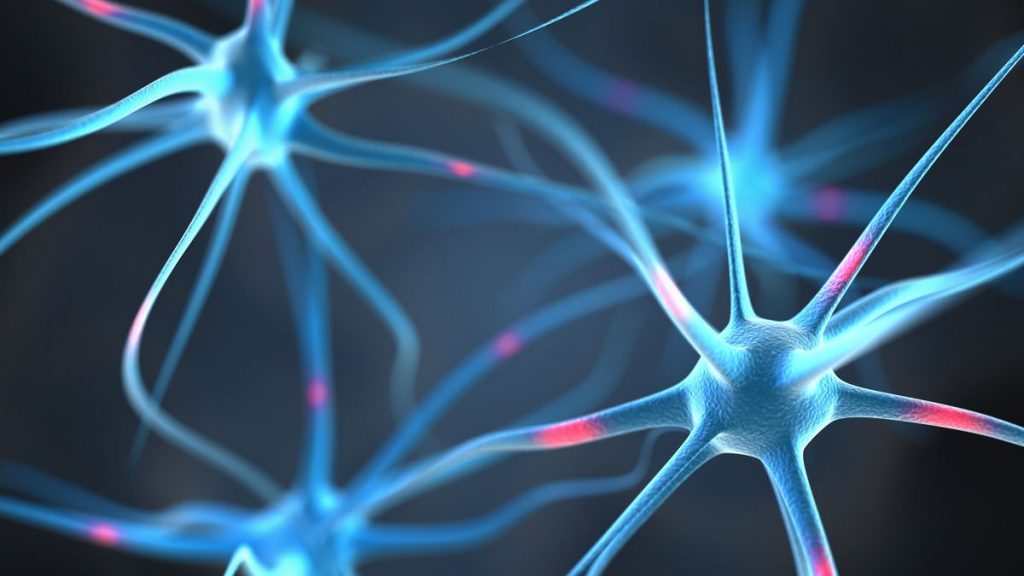American scientists recently found that regular consumption of certain foods was correlated with a reduced risk of cognitive decline later in life.
A correlation between diet and cognitive functioning
As part of this work presented in the Journal of Alzheimer’s Disease, a team of researchers fromIowa State University found that cheese was linked to greater long-term protection against age-related cognitive problems, while a daily dose of wine was associated with an overall improvement in cognitive abilities.
” Our results suggest that moderate daily consumption of cheese and red wine is proving not only good in helping us cope with the current Covid-19 pandemic, but also an increasingly complex world that never seems slow down », Notes the professor Auriel Willette, lead author of the study. ” Randomized clinical trials will allow us to determine precisely to what extent a simple adjustment of our diet can be beneficial for our brain. “
The researchers analyzed data from 1,787 adults, from the BioBank British. Aged 46 to 77 at the end of the study, they had their cognitive health assessed three times over a period of ten years (2006-2016), via the fluid intelligence test (FIT), offering real-time insight into an individual’s ability to ” think on the fly », And were asked about their eating habits.

Cheese, red wine and lamb meat
Although a wide variety of foods and drinks were considered (fruits, vegetables, fish, cheese, bread, tea, coffee, beer, wine, and various types of meat), the study found that cheese was by far the most protective food against age-related cognitive decline (including in old age) while daily consumption of red wine and weekly consumption of lamb (but not other meats red) were associated with improved long-term cognitive functioning.
The researchers also concluded that excessive salt intake, which is bad for everyone, needs to be closely monitored in people who may have the disease.Alzheimer’s.
” Depending on the genetic factors you carry, some people seem to be better protected against the effects of Alzheimer’s disease, while others seem to be at higher risk. But this work shows that an adapted diet helps prevent disease and cognitive decline. “, said Brandon klinedinst, co-author of the study. ” Maybe the quick fix we’re looking for is to improve the way we eat. Knowing what it involves gives us a better understanding of Alzheimer’s disease and helps us fight it better.. “


